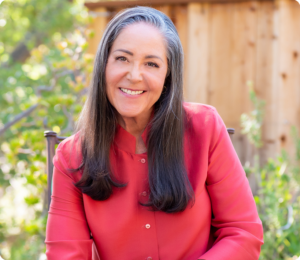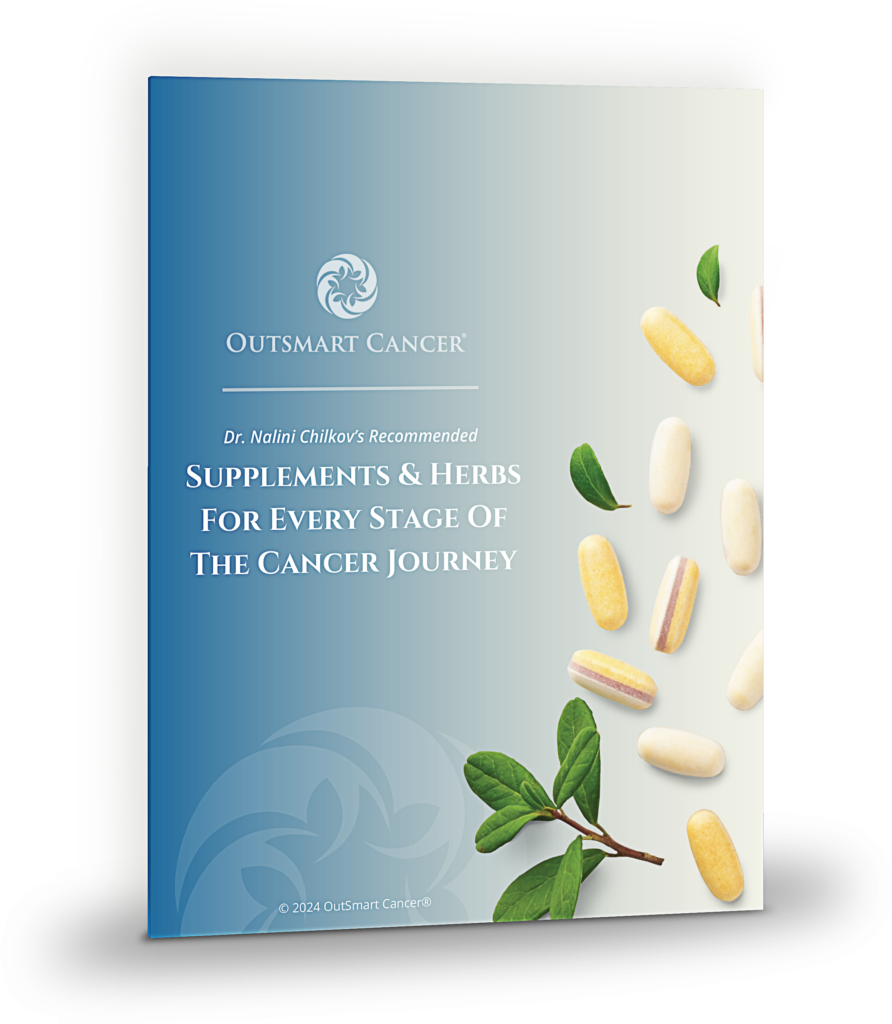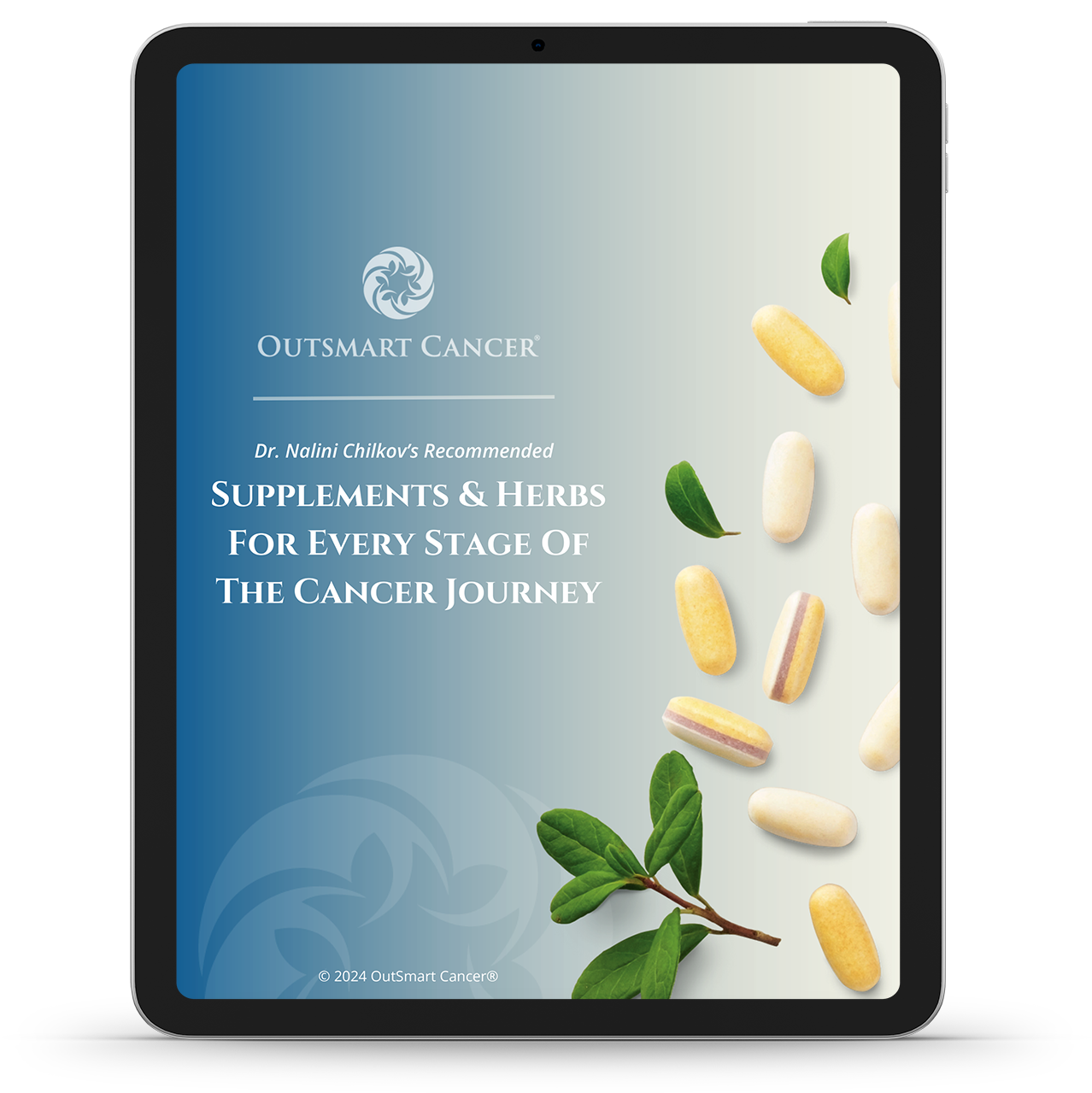 March is Sleep Awareness Month.
March is Sleep Awareness Month.
In the United States, Canada and Europe, we also switch to daylight savings time in the Spring.
How Much Sleep Do You Really Need to Fight Cancer and Lose Weight?
Daylight Savings takes a dangerous toll and may cause you to actually lose sleep, compromising your immunity and your health.
Skimping on sleep increases risk of cancer and infections. Increased rates of breast cancer are linked to chronic lack of sleep. For that matter, insomnia, difficulty getting to sleep and staying asleep, also leads to the very same risks. Cancer patients are often challenged and wake due to pain, hot flashes, anxiety and drug side effects.
Sleeping at the wrong time confuses your immune system and puts you at risk not only of cancer, but also anxiety, depression and impaired memory. Airline pilots and flight attendants have constant jet lag and suffer more cancers and more immune and hormone-related problems than people who are not crossing time zones regularly.
On top of that, lack of sleep can make you fat and unable to lose the extra weight. Did you know that getting too little sleep actual makes it almost impossible to lose weight?
So how much sleep do you really need?
Studies say that 7 to 9 hours every night is the sweet spot for optimal health and well being. Try putting yourself to bed 30-60 minutes earlier until you are sleeping when it is dark, awake when it is light, and getting plenty of zzzzz’s.
If you have trouble getting to sleep, try a Melatonin supplement about an hour before bedtime. A dose of 3-9 mg is quite safe and also has cancer protective power, especially for breast, prostate, lung and colon cancers.
Tip: What you eat correlates with how well you sleep. Did you know that walnuts are a good source of tryptophan, an amino acid that supports the production of serotonin and melatonin? Add some walnuts to nearly any of my salad recipes or try my Sweet & Savory Candied Walnuts!
If you aren’t getting adequate, quality sleep, take action now to find a solution that works for you. It’s an important step for your health and your quality of life.




